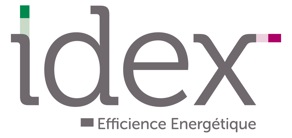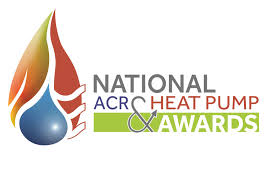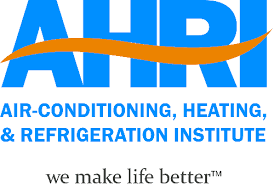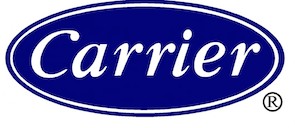SETI: STORING THERMAL ENERGY FOR BETTER USE
FRANCE –Launched by IDEX in collaboration with CEA-Liten in January 2014, the Seti R & D project (Intelligent thermal energy storage) aims to improve energy efficiency through innovative thermal energy storage. Winner of the Global Innovation Contest hosted by the LAUVERGEON commission (in the “energy storage” category), IDEX, the project leader, will receive €200 000 as a result for the project initiation phase.
“Heat is stored and transported yet” begins Frédéric VIET, CEO of the IDEX company, French ETI specialist in energy efficiency “Thermal energy for heating and cooling is the largest cause of energy consumption in France. The idea of the SETI project has germinated from this observation, with three stated objectives:
– Competitiveness by creating an efficient and economic system;
– Connectivity in order to provide information to the network operator and the consumer;
– Compactness to integrate the system more easily inside a building or in an urban or industrial network.”
The need for thermal storage arises naturally when it comes to promoting thermal renewable energy (energy for incinerating household waste, geothermal energy, etc.) because they provide a continuous base power load all year but struggle to cover peak energy demands. At the same time, renewable electric energy (wind, solar photovoltaic, etc.) suffers from the inconsistency of their availability a problem which could eventually be offset by an intelligent and autonomous network of thermal and electrical energy storage/distribution. This would have the effect of smoothing out peak loads and optimizing the real-time production of available sources and energy reservoirs in an urban area or in a building.
Innovative Technology
With the long-term goal of using 100% renewable energy, “The SETI project is to develop innovative thermal energy storage technology using phase change material,” says Fréderic Viet. “There is indeed much more potential energy in the latent heat of fusion or solidifying materials than in their specific heat capacity. CEA-LITEN brings to the table its expertise and knowledge of this type of material. The object is to develop modules on an industrial scale with a cheap, recyclable and non-toxic phase change material, having a very high energy density – 100 kWh / m2 – and which can solidify and liquefy an infinite number of times at temperatures between 50 ° C and 90 ° C. We are striving to produce a long term storage that is no longer constrained by time” he continues.
This intelligent system will incorporate instruments to not only measure the charge state, but also the dissemination of real-time information to consumers, in such a way that they can be embedded in smart building systems. In terms of the planning schedule, IDEX and CEA are currently in the phase of developing the basic technology (breaking through the scientific barriers, equipment design, etc.)
Starting in 2015 and continuing for two to three years, the pre-industrial qualification phase will follow in which prototypes will be tested at different scales. “As we work on more than 50 different heating and cooling networks in FRANCE, our ambition is to have the earliest possible feedback by comparing prototypes under real conditions,” says Fréderic Viet. The two collaborators hope to launch an industrial deployment of their storage system by 2018.














